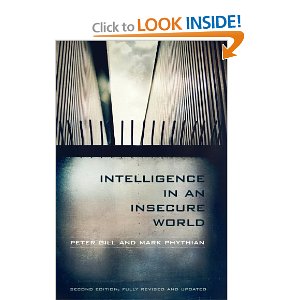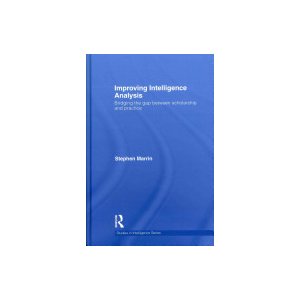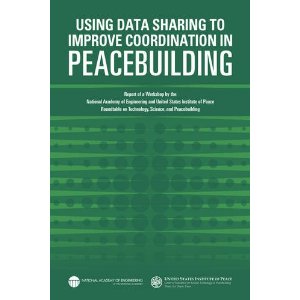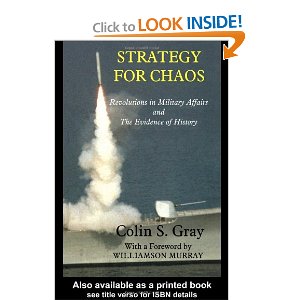
David Rivera
4.0 out of 5 stars A good starting point, not the total map, January 10, 2013
I have mixed feelings about this book. On the one hand, it has some real gems that I have not seen elsewhere, and on the other it can be very tedious. It was not until I was halfway through the book that I realized it was originally written in 1984, and that explained to me why I was suffering from epoch-shift in reading the book.
Certainly I recommend the book for anyone trying to piece together a mosaic of history, or better said, alternative history as this book is very much in the vein of those books written by iconoclasts that dispute the version of history taught in the schools, i.e. the “approved” history as written by the powers that be happy to treat humans as commodities. Looking more closely at the bibliography I see that the references are mostly from the 1960-1970's, and the most recent are from the 1990's. The book is dated, plain and simple.
Continue reading “Review: Final Warning – A History of the New World Order”







